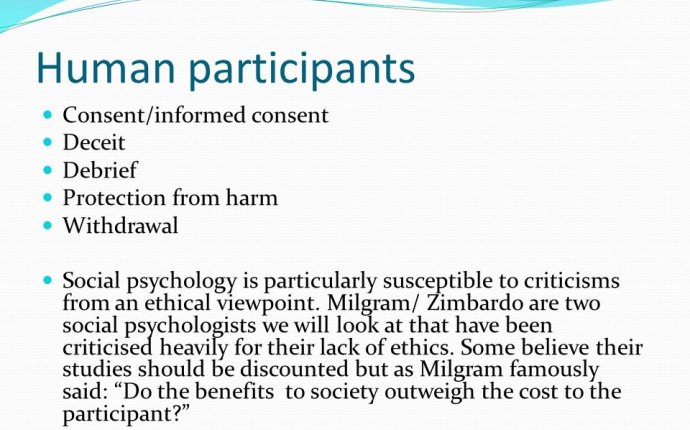
Ethical Guidelines in Psychology
The NASP (PDF) describe the proper conduct for professional school psychologists. The purpose of the Principles is to protect the public and those who receive school psychological services by sensitizing school psychologists to the ethical aspects of their work, educating them about appropriate conduct, helping them monitor their own behavior, and providing standards to be used in the resolution of complaints of unethical conduct.
Standards and Policies
The ethical principles provide an expectation for ethical conduct and professional practice. The NASP Ethical and Professional Practices Committee (EPPC) is responsible for interpreting and applying the standards for the professional conduct of NASP members and school psychologists holding the NCSP credential, yet NASP encourages all school psychologists to follow the principles.
Resolving Ethical Concerns
The Ethical and Professional Practices Committee provides a series of problem-solving steps ranging from informal resolution of complaints to formal adjudication and corrective action for individuals concerned about a school psychologist's actions or considering filing a complaint. The adaptable PowerPoint can also be used for inservice training.









